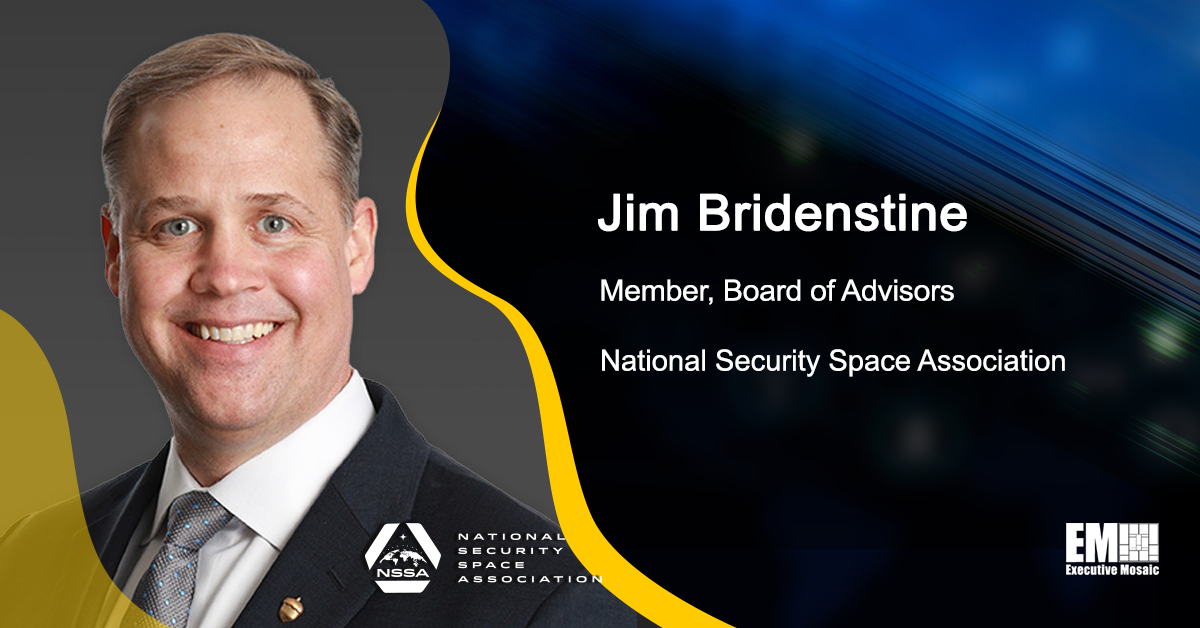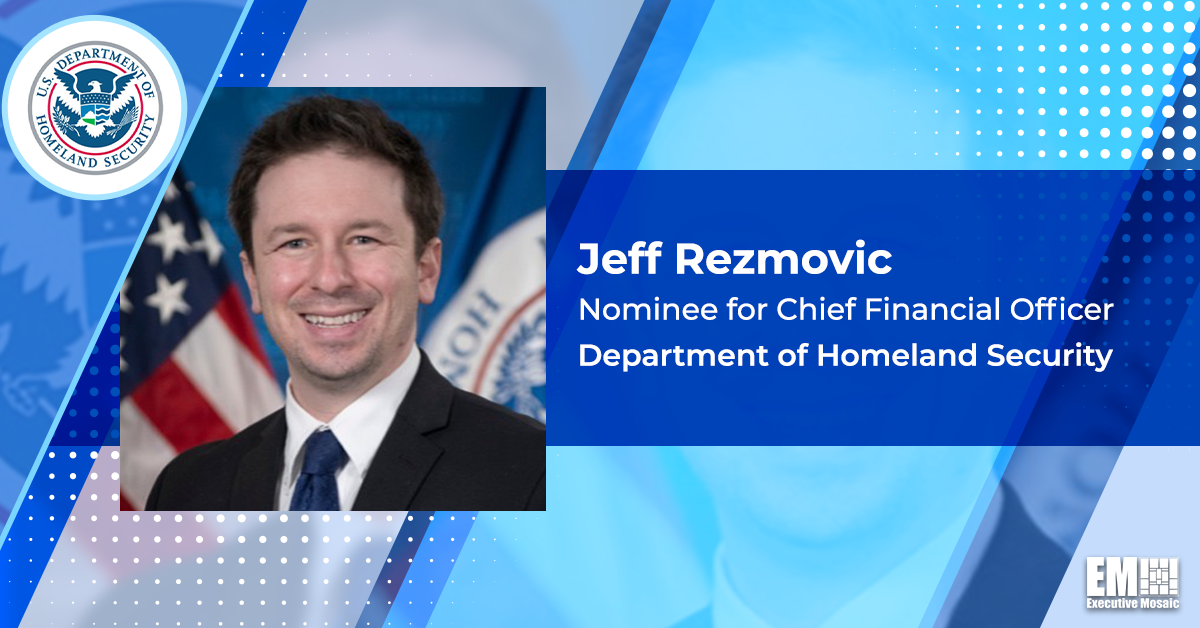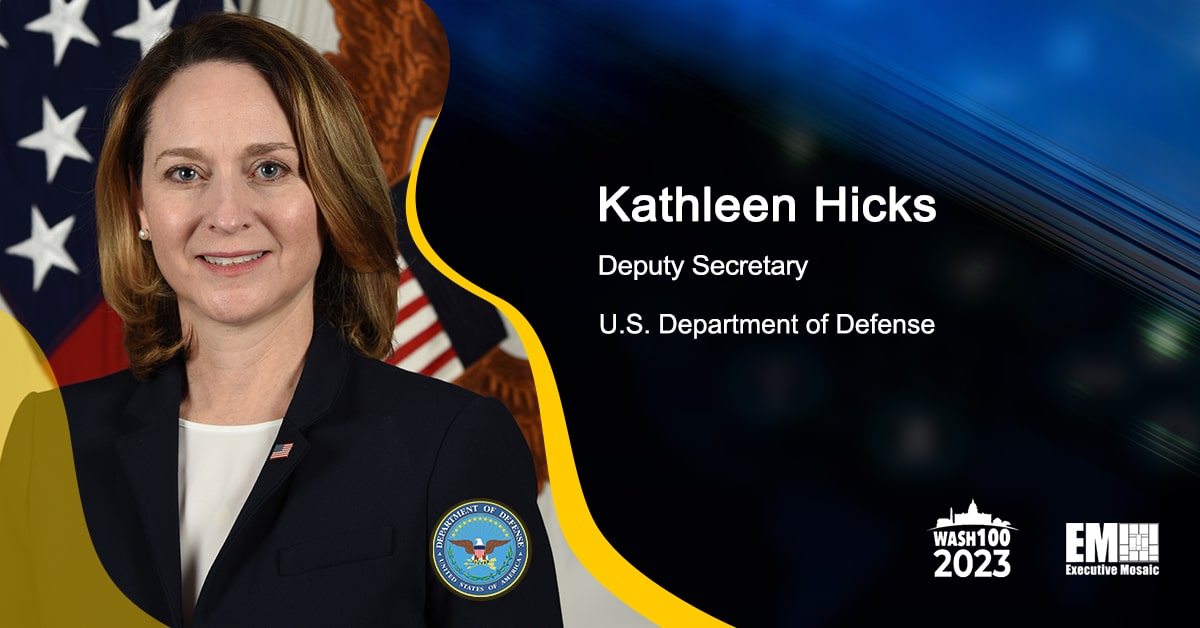General Dynamics‘ NASSCO subsidiary has delivered to the U.S. Navy the second ship in its John Lewis class of fleet replenishment oilers following the completion of acceptance trials with the Board of Inspection and Survey.
Military Sealift Command will operate the USNS Harvey Milk (T-AO 206) to provide diesel fuel, lubricating oil and jet fuel replenishment to Navy ships at sea, Naval Sea Systems Command said Tuesday.
The John Lewis-class ship will support the Navy’s Combat Logistics Force, which provides underway replenishment to U.S. naval ships worldwide.
General Dynamics NASSCO is contracted to build the first six fleet replenishment oilers under the Navy’s T-AO program. Construction of the first oiler commenced in September 2018 and work is underway to build USNS Earl Warren (T-AO 207), the future USNS Robert F. Kennedy (T-AO 208), USNS Lucy Stone (T-AO 209) and USNS Sojourner Truth (T-AO 210).
In May, the contractor received a $736.2 million contract option to build an additional fleet replenishment oiler for the John Lewis class.











